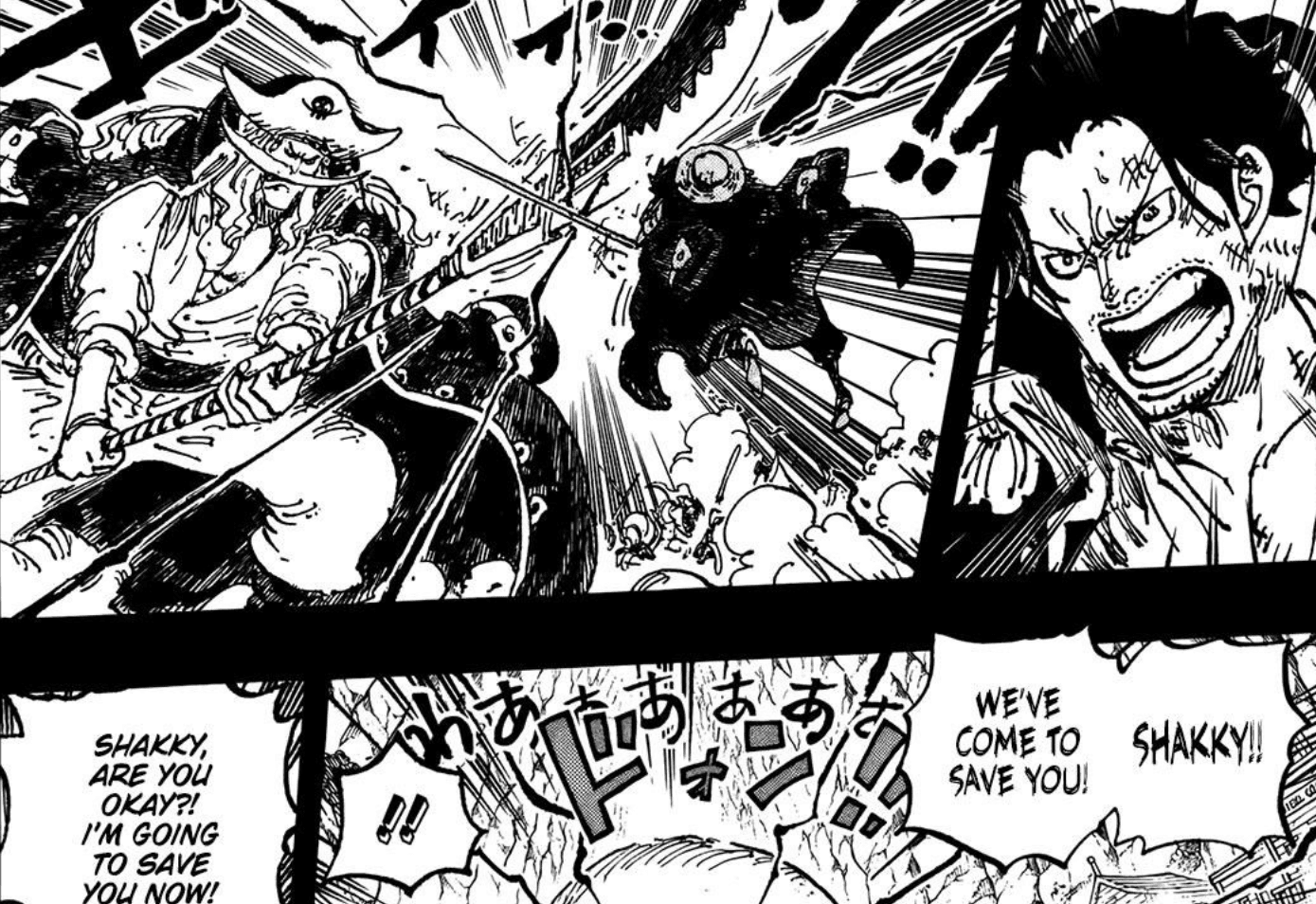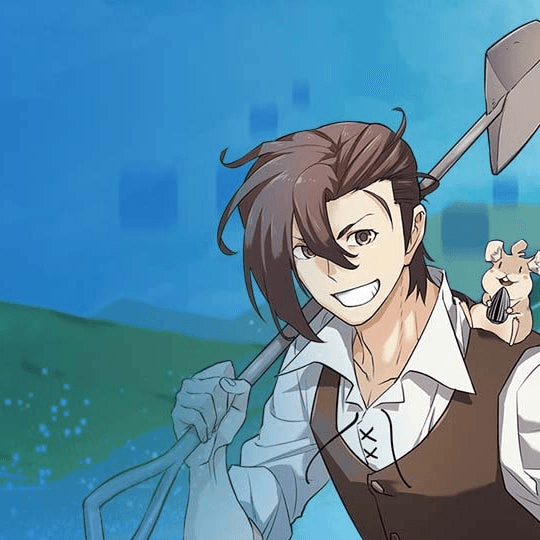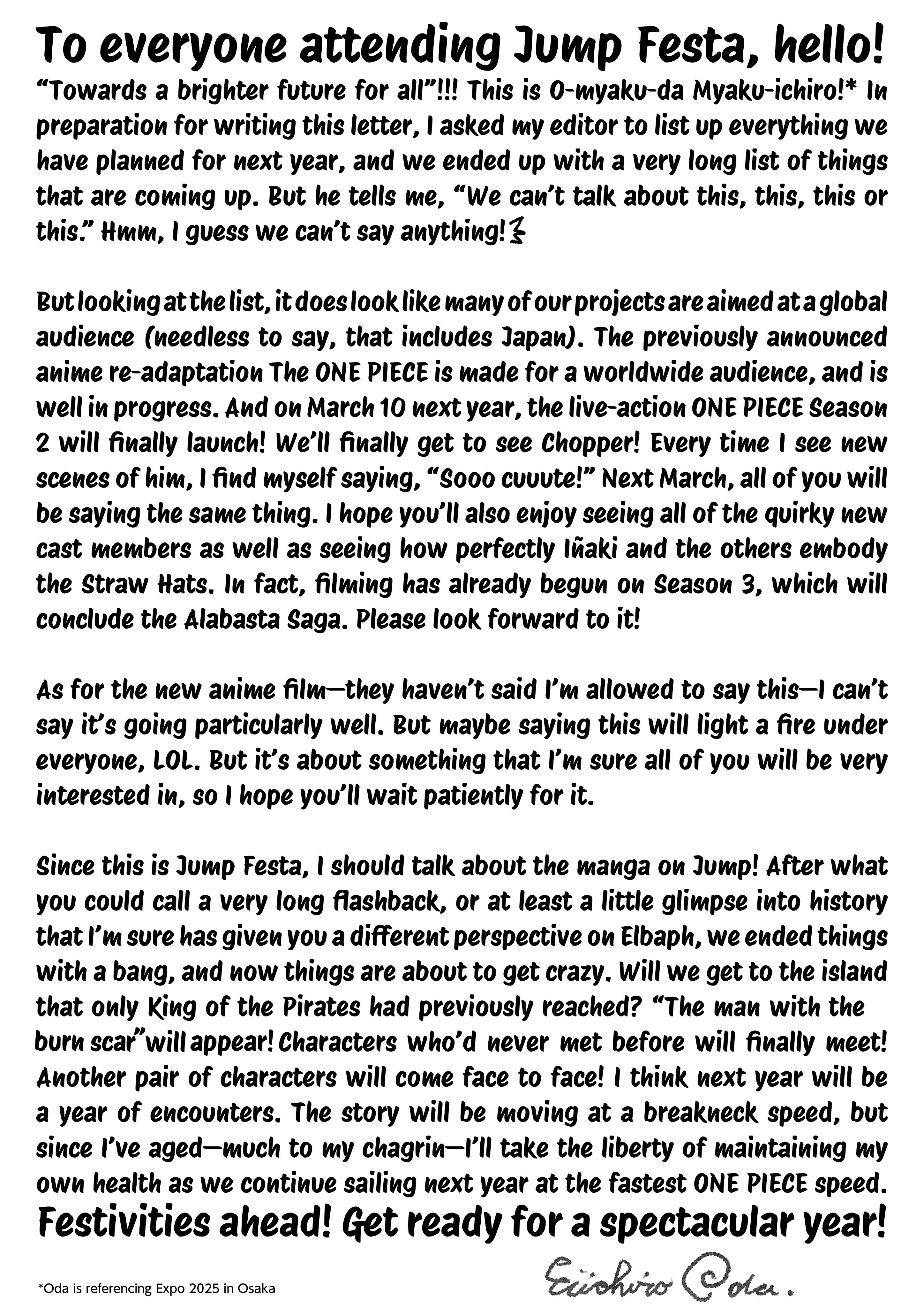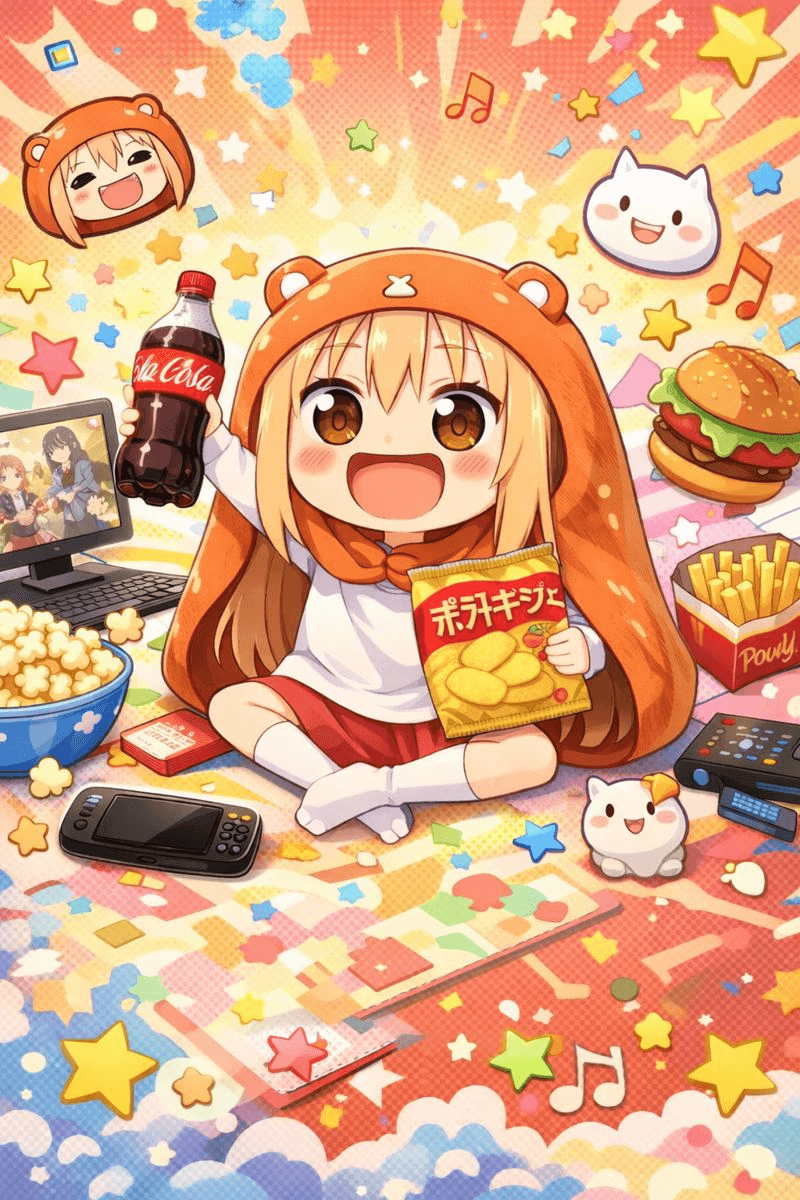God Valley Through Different Lenses: Pirates' Race, Kuma's Terror, and Celestial Dragons' Cruelty

The Pirates' Perspective: A High-Stakes Race for Shakky (Ch. 1161 Vibes)
Chapter 1161 amps up the God Valley flashback with raw, adrenaline-fueled action, painting the incident as less of a straightforward massacre and more of a frenzied competition among legends. Here, the narrative zooms in on the pirates' side, turning the chaos into a "race" where saving Shakky (the captivating ex-Kuja Empress and Rayleigh's future love) becomes the ultimate goal amid betrayals and brawls.
Key Events from Ch. 1161 : We see internal drama in the Rocks Pirates—Rocks D. Xebec gets betrayed by his own crew, leading Whitebeard, Kaido, and Big Mom (Linlin) to team up and smash the traitors. Meanwhile, Silvers Rayleigh unleashes his badass move, "Transcendent Higan Crescent" (or "Red Spider Lily" in some translations), slashing through foes in a dramatic rescue. A fang-toothed woman from the God's Knights (sent by a Celestial Dragon worried about Figarland Garling's wrath) adds WG intrigue. Garp humiliates the Yonko-level threats, and the Roger Pirates (with Rayleigh leading the charge) ally with Marines for that three-way tug-of-war. Shakky's the prize everyone's racing for—Rocks wants her back for pirate honor (and Hachinosu's economy), while Rayleigh's obsession screams personal stakes, complete with sword-flashing heroics and "We've come to save you!" moments.
The Tone : From this angle, God Valley feels like peak shonen absurdity—a bromance-fueled demolition derby. It's all glory, power clashes, and plot twists, with Shakky as the emotional lure sparking alliances and backstabs. Oda frames it as a turning point for legends: Rayleigh earns his "Dark King" rep, young Shanks is born into the fray, and even Blackbeard watches as a kid. It's exhilarating, almost romanticized, highlighting pirate ambition and opportunistic heroism.
But peel back the layers, and this "race" masks the horror underneath—especially when viewed through other eyes.
Kuma's Perspective: Survival in a Living Nightmare
Flash back to Kuma's childhood in the earlier God Valley flashbacks (Ch. 1095-1096), and the incident transforms from a pirate spectacle to a gut-wrenching tale of oppression. As a young Buccaneer slave (one of the "Rabbits" in the Celestial Dragons' hunt), Kuma's POV is pure terror—powerless amid the slaughter, with no heroic races or epic moves in sight.
Kuma's Ordeal : God Valley was his hell: Enslaved natives and captives like him (including Ginny) were released into the wild for the Native Hunting Competition, a triennial "game" where Celestial Dragons hunted them for sport. Kuma witnesses the brutality firsthand—bullets flying, families torn apart, all while clinging to survival. His Buccaneer heritage makes him a prime target, foreshadowing his lifelong trauma. The pirate invasion (Rocks storming in) is just more chaos; Kuma's not racing to save anyone—he's dodging death, eventually getting freed in the crossfire (thanks to the 500+ slaves liberated by the mayhem). Losing Ginny later cements his revolutionary path, leading to his Pacifista fate.
The Tone : Intimate and harrowing. Unlike the pirates' high-octane view, Kuma's is grounded in victimhood—the WG's boot on his neck, the indifference of the powerful. It's impersonal horror: The "race" for Shakky? That's someone else's quest; for Kuma, it's collateral survival, building his Nika-inspired dreams of freedom. This perspective humanizes the event, showing how global clashes crush the powerless.
The Celestial Dragons' Massacre: The Root of the Evil
At the core of it all is the massacre itself—the Celestial Dragons' orchestrated cruelty that sets the stage for everything. This isn't a perspective from a single character but the systemic villainy that Oda uses to critique power structures.
The Setup and Atrocities : God Valley was "cleansed" every three years for the Native Hunting Competition—a twisted Hunger Games where CDs like Saint Figarland Garling (head of the God's Knights) hunted slaves and natives for fun. Prizes included rare Devil Fruits, but Shakky was the star attraction—kidnapped from Hachinosu via a traitor (possibly Ochoku) and dangled as the "crown jewel." The hunt devolved into apocalypse when pirates crashed the party, but the CDs' intent was clear: Genocide for entertainment. The island's erasure? Just cleanup after their "game" went wrong.
The Tone : Cold, satirical evil. Oda portrays the CDs as detached monsters—bubbling in their suits, treating lives like toys. This frames God Valley as a symbol of WG corruption: What pirates see as a race and Kuma endures as terror starts with their whims. It's the "massacre" label in full—500 slaves freed, but countless dead, all to satisfy noble egos.
The Parallels: How Perspectives Flip the Script
Comparing these lenses reveals Oda's genius in storytelling:
Pirates (Ch. 1161) : Empowerment and chaos— a sprint for glory, with Shakky as the prize turning massacre into meaningful mayhem.
Kuma : Powerlessness and pain— the same event as impersonal trauma, fueling quiet heroism.
Celestial Dragons : Detached dominance— the instigators, viewing it as sport, underscoring systemic injustice.
In short, God Valley isn't just one story; it's a prism. Ch. 1161's pirate-focused reveals add hype to the "race," but Kuma's view reminds us of the human cost, all rooted in the CDs' massacre. As Egghead ties back to this (with Saturn's God Valley ties and Kuma's redemption), Oda loops history: From disaster sprint to hope marathon. What perspective hits you hardest? Drop your thoughts below!


